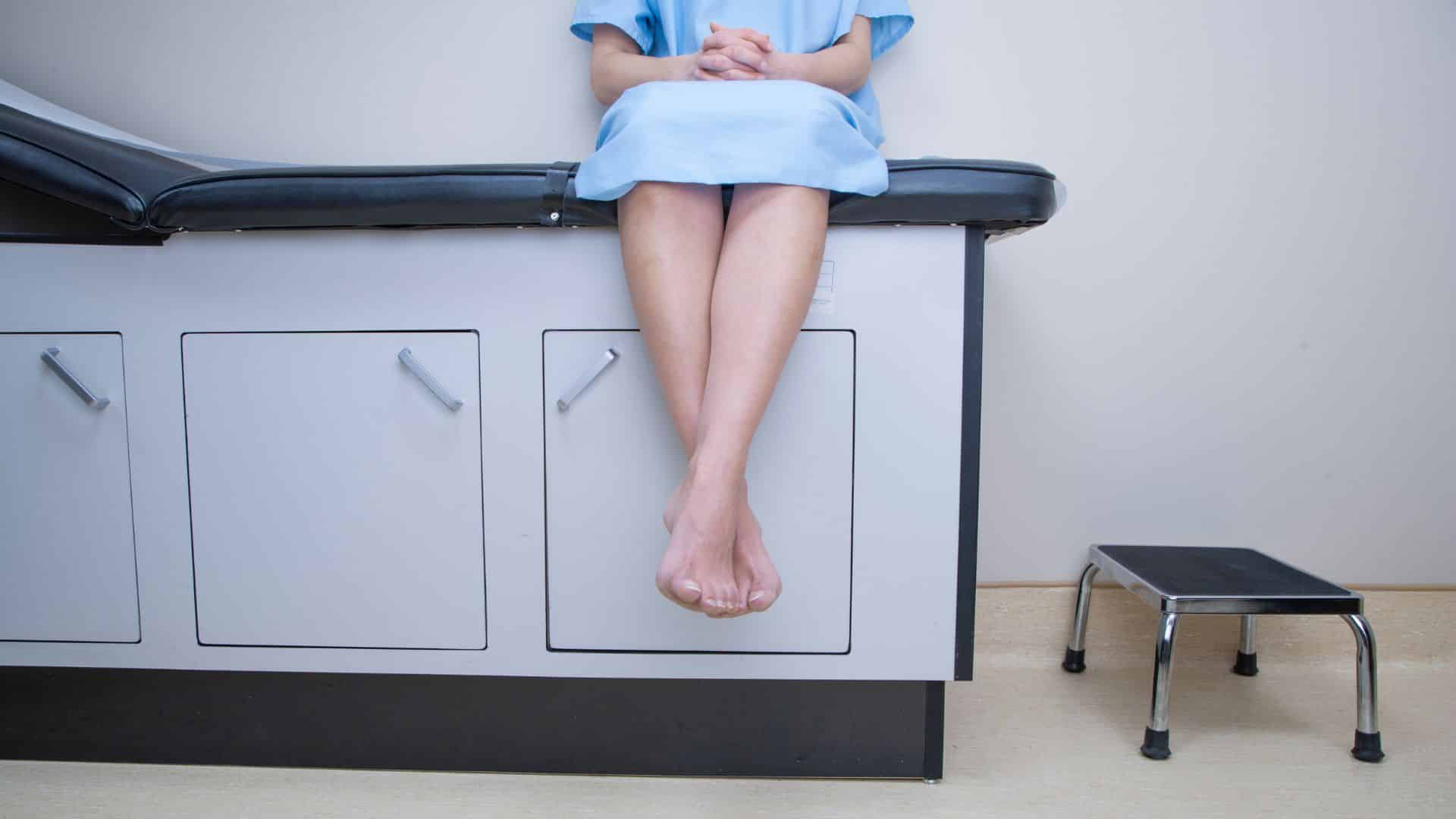In 2022, an estimated 14,100 women in the United States have been or will be diagnosed with cervical cancer, caused by HPV. In 2020, over 600,000 women were diagnosed across the globe. While the HPV vaccine has drastically reduced cervical cancer rates as a direct result of preventing high-risk HPV, there are still approximately 4300 deaths per year in the United States alone, from cervical cancer.
Take comfort knowing that most HPV cases do not cause cancer, and that many strains of HPV can be controlled and suppressed naturally by supporting the body’s immune system and encouraging adequate viral clearance. The high risk strains of HPV are 16, 18, 31, 33, 35, 39, 45, 51, 52, 56, 58, 66 and 68. HPV 16 and 18 are typically the higher risk types and are responsible for most types of HPV-related cancers.
What to do after receiving an abnormal pap smear
The Pap smear involves taking a cell sample of the cervix and assessing for any abnormalities. By monitoring cell changes, earlier treatment and interventions can be implemented which can prevent more severe disease. If you receive an abnormal pap smear result, it is best to talk to your doctor about what your next steps are. This may include more frequent screenings, among other possible solutions. Unfortunately, from a conventional standpoint, the advice is typically to “watch and wait” at this point in the diagnosis.
Fortunately, more and more research is finding that there are ways to control and manage HPV naturally, with dietary and lifestyle changes. Let’s dive into your post-diagnosis plan, below.

First things first, know that you aren’t alone.
HPV is one of the most common sexually transmitted infections, affecting 80% of sexually active women. In fact, most sexually active men and women will contract some strain of HPV at some point in their lives. It is not uncommon to have an abnormal pap smear during routine testing. It is, however, important to do what you can to get HPV under control.
Talk to your doctor about follow-ups, strains and risk.
While Pap testing and increased screening have resulted in a decline in cervical complications, there remains some debate over how often early screening should take place. Considering 90 percent of HPV infections will regress over time, screening can also lead to harm such as unnecessary stress on the individual, additional follow-up testing and biopsy, and the potential of unnecessary treatment.
The chances of having an abnormal Pap smear are higher in young individuals and decrease with age. Around 10% of individuals with a cervix aged 20-29 years will have an abnormal test result while only 1.6% of those aged 60-69. Of these abnormal results, 1.5% of 20–29-year-olds will have high-grade lesions that lead to further testing and biopsy. However, more than 50% of these will undergo treatment. Many of these infections would clear on their own and lead to no complication of cervical cancer.
Depending on where you live and your unique, individual case – your screening guidelines may differ. It is best to work with your physician to develop a plan that is right for you. Find out the screening guidelines in your country here.
Adopt a healthy immunity plan.
At Papillex, we dive into the research on building your immune system to help prevent and clear infections like HPV. Here are some of our favorite, evidence-based tips for building and adopting a healthy immunity plan to help you take control of HPV.
Find movement that you enjoy
Consistency is key when it comes to exercise and movement – so if it does not come naturally, know that you probably won’t stick with it. Try finding a daily movement you enjoy such as walking outdoors, weight lifting, kayaking, swimming, hiking, rock climbing – anything that gets you up and going.
Eat a wide array of colorful vegetables and fruits.
The more variety you consume with regards to veggies and fruits, the better. Nutrients like carotenoids, sulforaphane, folate, vitamin C, selenium and more, have all been shown to boost immunity and increase clearance of HPV.
While all foods are welcome in a healthy, balanced diet, it is best to focus on anti-inflammatory, antioxidant and phytonutrient-rich foods, with limited intake of starches and sugars. You can find out more about diet and HPV here.
Practice mindfulness
Addressing stressors in our lives is often the biggest barrier to healing, and also often the most important barrier to knock down. The connection between stress and persistent infections is clear which is what makes mindfulness such an integral part of your healing. Studies continuously find a connection between stress and its impact on immunity, which is supported in pathogenesis and persistence of HPV infections. You cannot always control stressful events from occurring, but you can manage perceived stress through methods of talk therapy, finding good friends to chat with, getting adequate sleep and nutrients, and getting outside in nature. Reducing perceived stressors can help with HPV disease management and progression and is an important part of any HPV treatment plan. Other things you can do to manage stress include, positive self-talk and reinforcement, surrounding yourself with positive people, trying acupuncture and/or massage, and more. Click here for more stress-management tips.

The most important thing you can do for yourself after receiving an abnormal pap smear, is to be gentle with yourself. HPV is not your fault. It is a virus that can be managed and controlled. Holding onto shame can prevent us from living a healthy life, and can contribute to stress and unhealthy behaviors that impair our immune system. Letting go of the shame associated with HPV may be foundational to our healing. Be kind to yourself.
For more tips on managing HPV, follow us on instagram @papillex.





